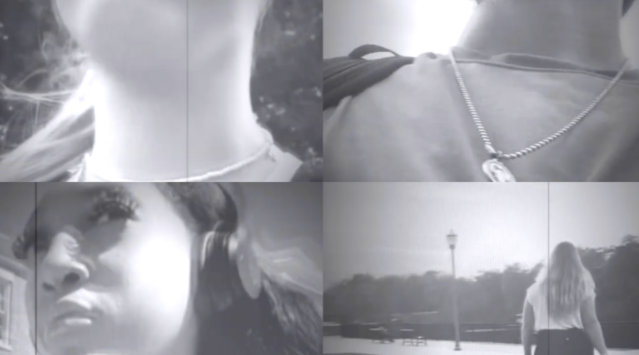Turn on some Santigold and prepare to have your mind blown by, you guessed it, reality because “Girls” is back in town.
Created and produced by Lena Dunham, the second season of HBO’s “Girls” premiered last Sunday, and wasted no time in reviving the job hunts, romances and friendship of the season one cast. Set in New York City, Hannah Horvath, played by Dunham, rides the ups and downs of life as the liberal arts degree-holding writer that is destined to become “the voice of [her] generation.”
With Judd Apatow returning as the show’s executive producer, the first two episodes of season two bring back the witty dialogue and outrageous situational irony, but with it come a few new, darker aspects of the show.
At the end of season one, Hannah finally sees the flaws and unhealthy nature of her relationship with on-again-off-again boyfriend Adam Sackler, a step in the right direction for Hannah. Although hysterically lovable, Adam is hard to see as a good person for Hannah to date because of certain character flaws, such as immaturity and his lack of respect toward females.
In episode one of season two, viewers aren’t surprised Hannah has seemingly moved on to a new relationship with Sandy, a black man and self-proclaimed Republican.
This is where things turn dark. Despite having every intention of starting and maintaining a healthy, balanced relationship with Sandy, Hannah is pressured by her friends to see him for what he is: a Republican. Hannah’s roommate Elijah Krantz, an ex-boyfriend turned gay, is especially antagonistic of Sandy for not supporting gay rights.
The entire conflict raises questions of race, sexuality and allegiance in Hannah’s life, all subjects that apply to social issues that we face in real-life America today.
Despite her friends’ disapproval of her relationship with Sandy, Hannah maintains that it does not matter to her that she is dating a black Republican, and she does not think about race or political affiliation. Hannah’s character epitomizes the trendy, culturally savvy hipster generation in her words, but ultimately fails in her actions.
With the cleverly written dialogue that only Dunham could deliver to such palpable issues, Hannah is forced to confront Sandy about their differences in the second episode of season two. As she fumbles through a list of their relationship flaws with her awkward, white girl mannerisms Sandy sees that Hannah is not ready to date someone as different as he is.
The relevant material season two of “Girls” has brought to the table after just two episodes is immense and has certainly set its viewers up for an entertaining and fulfilling ride.
For now I will have to disagree with Hannah’s prediction from the show’s first episode. I don’t believe she is the voice of her generation. But with a Primetime Emmy and two Golden Globes to her name after just one season, Lena Dunham just might be.








